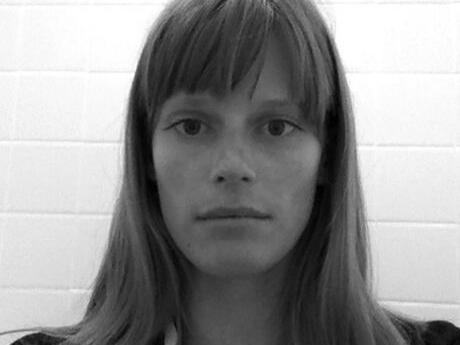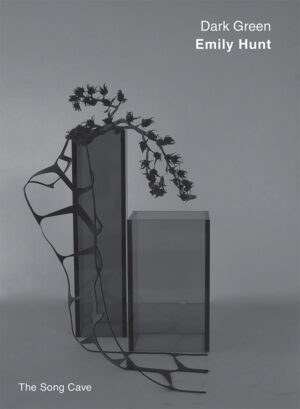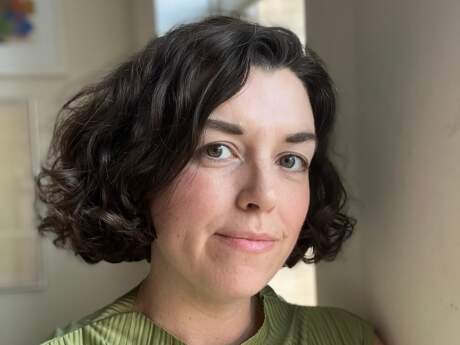In Their Own Words
Emily Hunt's “I Was Very Angry”

I Was Very Angry
I paused to enjoy the view
I began again
I tore myself in half
the air was dropping
rain into a black hole
and God was scared too
he rolled the windows up
I screamed
no one for miles in the American painting turned a head
I held my sleeve I screamed again and felt no different in the dream a tiny rock
rolled down a crevice
also silt
felt like sand amassing
feels like I feel moving as I note
sweet grasses gently everywhere
the lack below my feet
as I enter yet another
McDonald's by the sea
I think about when it was gone
and night sat on this lot, stored its stars here breathing
I eat the salt, I plummet
into memory where I find
memory is sick of me
and I remember reality
All rights reserved. Reprinted with the permission of the author.
On "I WAS VERY ANGRY"
"It is not sad, or I would laugh," writes Laura (Riding) Jackson in "It Is Not Sad," a poem that struck me with its will and clarity a couple of years before I wrote the one above. Looking back, I see why this line, in one broad stroke, moved me. I am subject to the swerve—when presenting something difficult or heavy—toward a kind of ecstatic resignation, toward laughter.
Someone's dead, a chapter has ended, these people, trying with language, to meet each other, never will. Stepping out from such clearly dark points, one enters a vast, bewitched freedom. The world—its chain restaurants, clean shadows, tiny organisms, the textures of its words and their overlapping universes—comes close. In this porous state, I'm alert to sentences that weave subtle (sometimes barely there) humor into raw fear, pain, or drama, and find their tension, along with most energies generated from paradox, to be potent.
Poems are paradoxical in that they tend, for me, to emerge from a collision of feelings blind to language. Writing can be a walking toward, around, into the very tools I feel I've lost, in an attempt to get out of a confusing or dangerous place. Ideally, through this recording, I've made a vessel that holds the spirit of an experience.
The gist of the circumstances that sparked this poem: five people in a car on a highway in Georgia, exchanging words at maximum volume and speed in an attempt to reach some center, never succeeded, and scattered instead into an electric silence. My view, stepping out from this car minutes later into a McDonald's parking lot, was of a wide, blue storage unit set in a field of tall grasses and weeds. I wrote under the spell of this event. In the first moments of drafting, what arrived were simple, open sentences, with plenty of breath between them. As I made additions and adjustments, I paid attention to how verbs, when given space, can be simultaneously active and passive, and to how filtering the inexactness of broad, flat, readily available words through arranged sounds can generate atmosphere.



